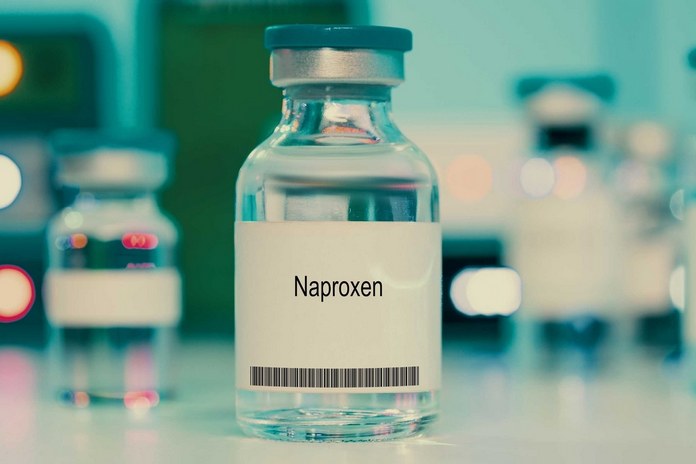Medication For Urethritis

The medications will seek to cure the urethritis’s underlying cause and prevent infection spread. A non-steroidal anti-inflammatory medicine (NSAID), such as naproxen, can be administered to ease the pain. (11)
Pyridium, also known as phenazopyridine, is a drug that can be used to relieve discomfort and lower the urge to urinate and the frequency with which you urinate.
The CDC recommends therapy that can be administered in a single dose to increase adherence. They also suggest administering medication in the clinic and observing the initial dose. Any urethritis treatment aims to get rid of the infection’s source, prevent it from spreading, and improve your symptoms. Numerous treatment methods are available depending on the source and severity of the infection.
People being treated for urethritis should avoid sex or use condoms during sexual activity. If the inflammation/swelling is caused by an infection, your sexual partner will need to be treated as well.
Concurrent treatment for gonococcal infections (gonorrhea and chlamydia) is recommended in patients with confirmed urethritis unless test results are already known, or rapid results can be acquired to reduce treatment options.
The primary treatment for chlamydia is a single 1-g dosage of oral azithromycin (Zithromax) or 100 mg of oral doxycycline twice a day for seven days (for gonorrhea), followed by either 125 mg of intramuscular ceftriaxone (Rocephin), or 400 mg of oral cefixime (Suprax).
Fluoroquinolones are no longer indicated for empiric treatment of gonorrhea due to growing resistance. Although fluoroquinolones may be effective if used unintentionally, a cure test is recommended in these situations. Treatment should be delayed in men with urethral symptoms but no objective signs or findings until test results are available. Patients at high risk of STIs who are unlikely to return for test results and treatment are exceptions.
It might be difficult to diagnose and treat men who return for evaluation of persistent or recurrent urethral complaints. A recurrent infection, frequently due to a lack of simultaneous partner treatment or reinfection by a new partner; an untreated infection, such as Mycoplasma, Ureaplasma, Trichomonas, HSV, Enterobacteriaceae, or adenovirus; a resistant organism; or a noninfectious cause are also factors to consider.
Azithromycin is the medication of choice for mycoplasma, ureaplasma, and chlamydial infections. Patients who test negative for these infections may benefit from azithromycin. The emergence of azithromycin resistance in Mycoplasma has been documented, prompting the recommendation of a longer or alternate treatment for persistent infections. Metronidazole (Flagyl) or tinidazole (Tindamax) may be added to regular regimens in locations where trichomoniasis is common.
Precautions
If all infections have been ruled out, patients should use fragrance-free soaps, lubricants, and other products; increase water intake and avoid carbonated beverages; stop using spermicides; and reduce penile damage by masturbating or intercourse less frequently or vigorously. Although unproven, dietary treatments align with guidelines for other inflammatory urogenital disorders. Men with urethritis caused by STI should be encouraged to refrain from intercourse for one week after starting treatment.
